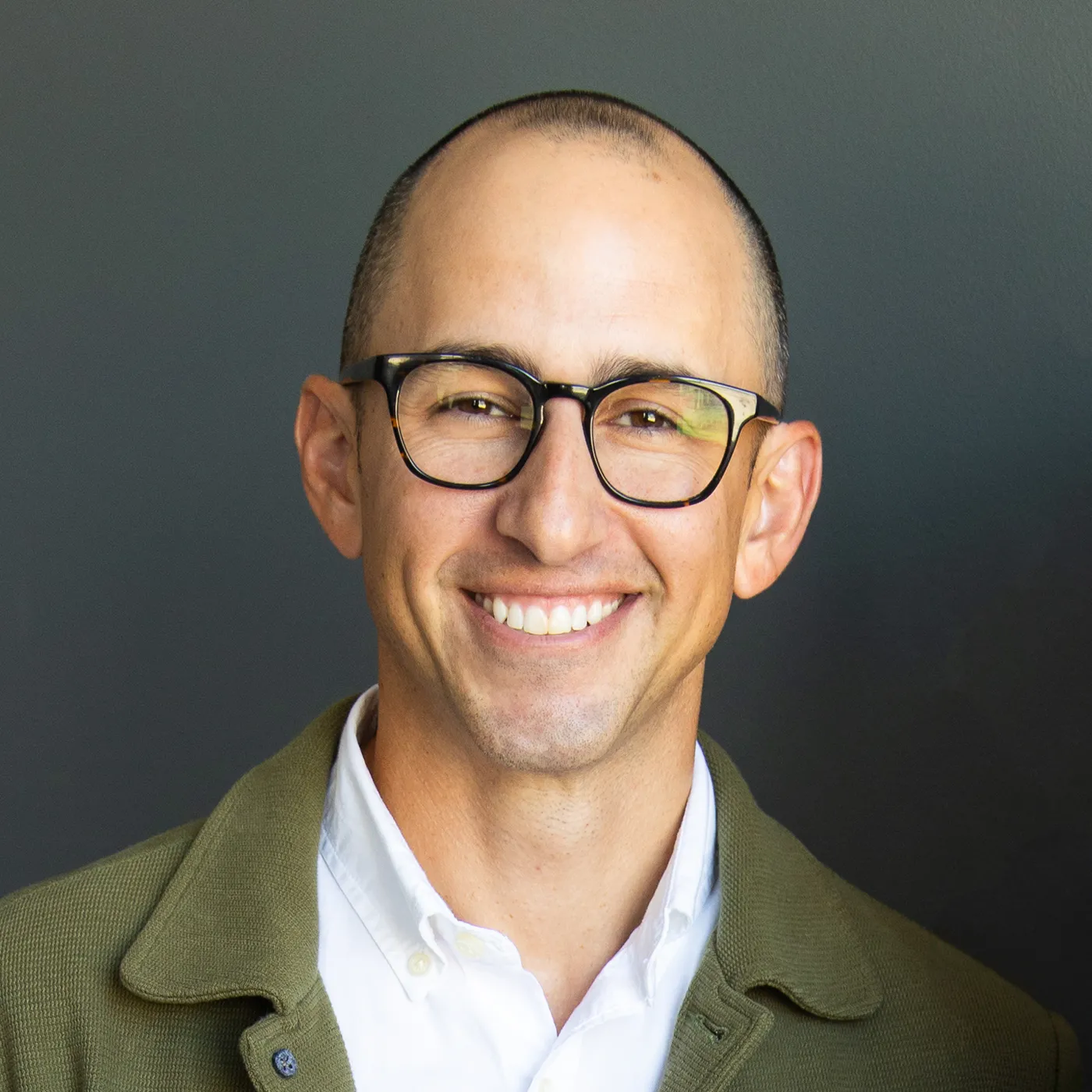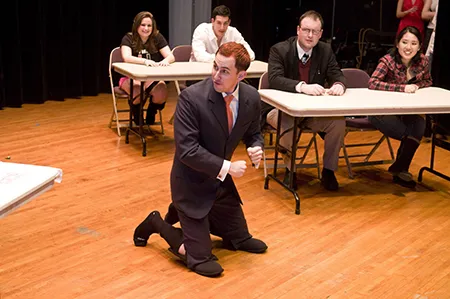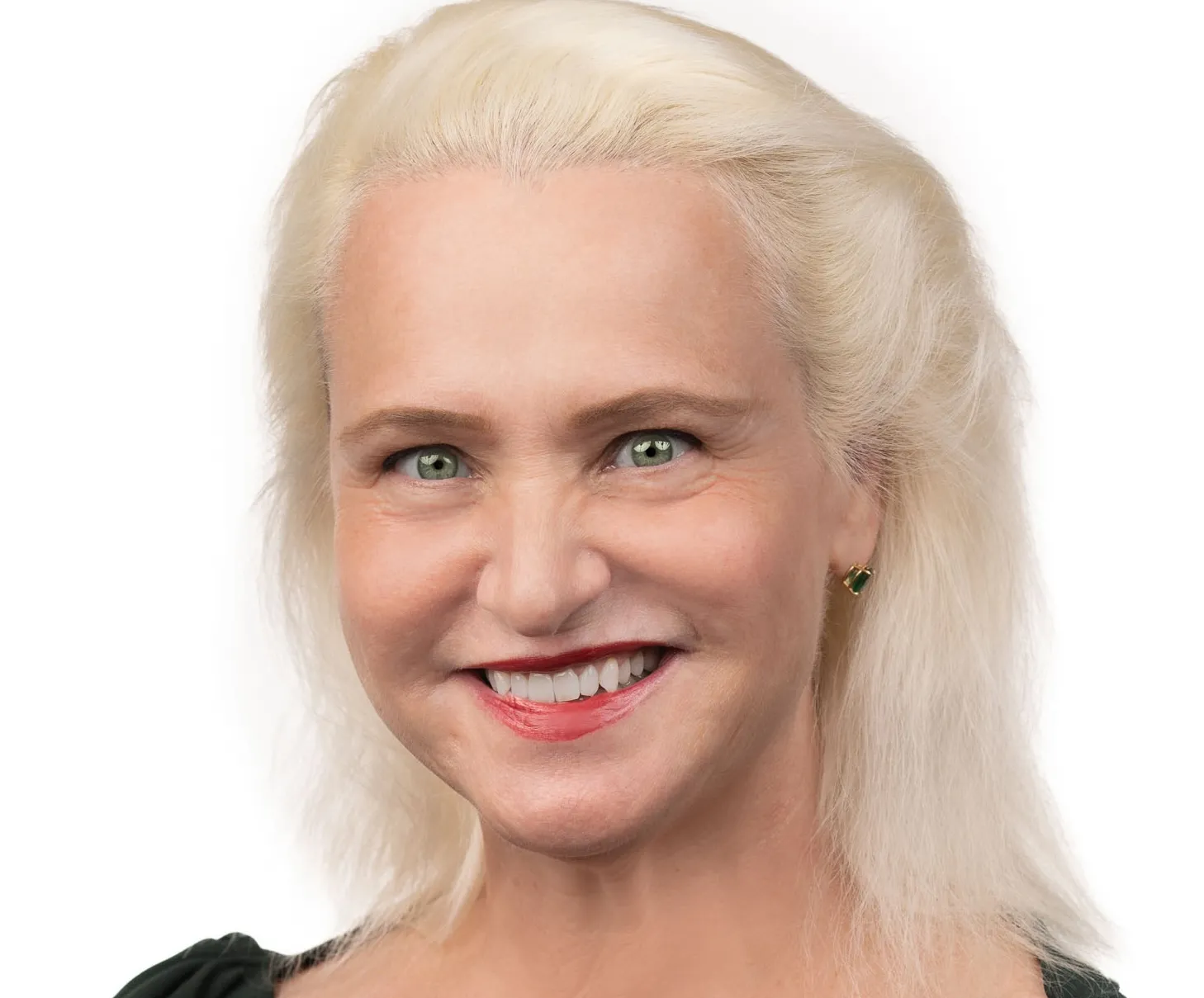Bill Weaver, ’10: An Energy Lawyer Plugged in to the Power Grid

When Bill Weaver, ’10, joined a big law firm after graduating, he found his calling in the firm’s energy practice, particularly the part of it dealing with electricity.
“There were two primary things that I loved about that practice,” he said. “First, it required the very kind of thinking we had been trained to do at the Law School, focusing on how incentives shape the intersection of competition, natural monopolies, and regulation in very complex systems. Second, I loved the words: megawatts, capacitors, dekatherms. They’re just fun to say.”
He still loves the practice now, as the assistant general counsel at the California Independent System Operator Corporation (the CAISO), a position he has held since 2014. The CAISO’s core function is managing power markets in the western US, affecting the flow of electricity to more than 32 million people. Nearly 60 percent of that electricity comes from solar, wind, and grid-scale batteries.
Everything happens in a complex governance environment: the CAISO’s board is appointed by the governor, but the agency is regulated by the Federal Energy Regulatory Commission, and the state’s largest energy producers and distributors have a strong interest in the CAISO’s decisions. “It feels like a fact pattern in a final exam,” Weaver said.
“There isn’t a day that goes by that I don’t apply something I learned at the Law School,” Weaver said. “Everything is incentives. In this work, being able to quickly identify the core issues in complex situations has been a blessing.”
Weaver said that at the Law School, “I knew I wasn’t like some of my classmates who could blow the doors off of buildings with their minds, but I did my best to keep up.” A summer externship with US Court of Appeals Judge Jay Bybee affected him significantly: “He was a great judge, and he treated everyone kindly and respectfully. It taught me that you can be successful and effective while still being authentically good to people.”Weaver also made time for fun while he was at the Law School, serving as the lead writer for the Musical and as editor in chief of the satirical magazine The Phoenix. “I still fear every professor we parodied in the Musical—which is all of them,” he said.

Right after graduating, he joined Dewey & LeBoeuf, but in less than two years he became one of the more than a thousand lawyers dislocated when the firm collapsed. During the time that Dewey’s struggles became public, he received messages offering support and assistance from more than twenty-five of his Law School classmates. “Many people contacted me to help me find a landing spot, even folks I really had not known well at the Law School,” he recalled. “I had already secured a job at Jones Day, but it reaffirmed the amazing character of the Law School, and the value of a small class.” He has served on all of his class’s reunion committees since then. “I text some classmates almost every day, and I’m regularly in touch with many others, but there’s nothing like seeing people in person,” he said.
Weaver noted how his professional field has grown, saying that when he started at the CAISO there would be about fifteen applicants for summer legal jobs, and last year there were more than three hundred. “This part of energy law didn’t used to be cool, but now it is. A lot of it can be considered good-guy-side environmental law.”
It’s nice to find a calling when you’re relatively young, and it is even nicer when that calling fits with your best life. “I get intellectually challenged every day; I’m paid well; I’m doing something meaningful; and there is great work-life balance, so I can spend lots of time with my wife and our three kids,” Weaver said. “It’s a unicorn job, and I am lucky to have it and grateful to UChicago for helping me be successful at it.”


